They can cause allergic reactions
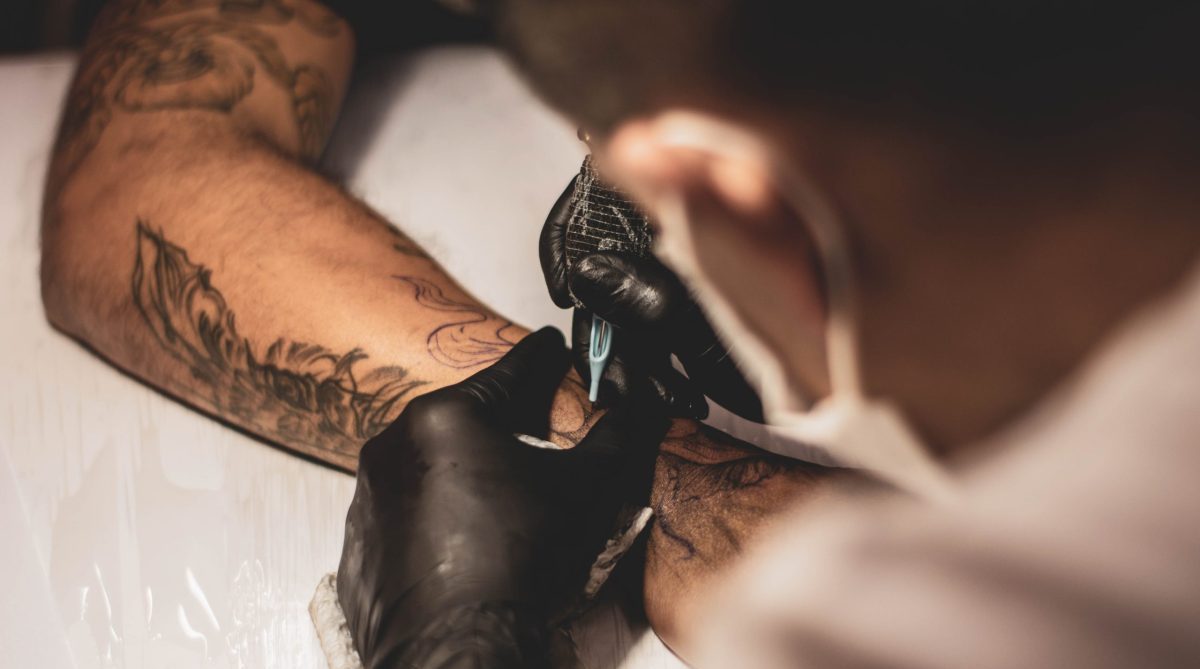
Allergic reactions to ink are rare but they do happen. When you get a tattoo, the artist has to mix his or her own colors from a variety of inks, and rules regulating these compounds vary between countries, so there’s not always a way to know what’s really in the ink. Your body may react badly to the foreign substance.
You can get infections
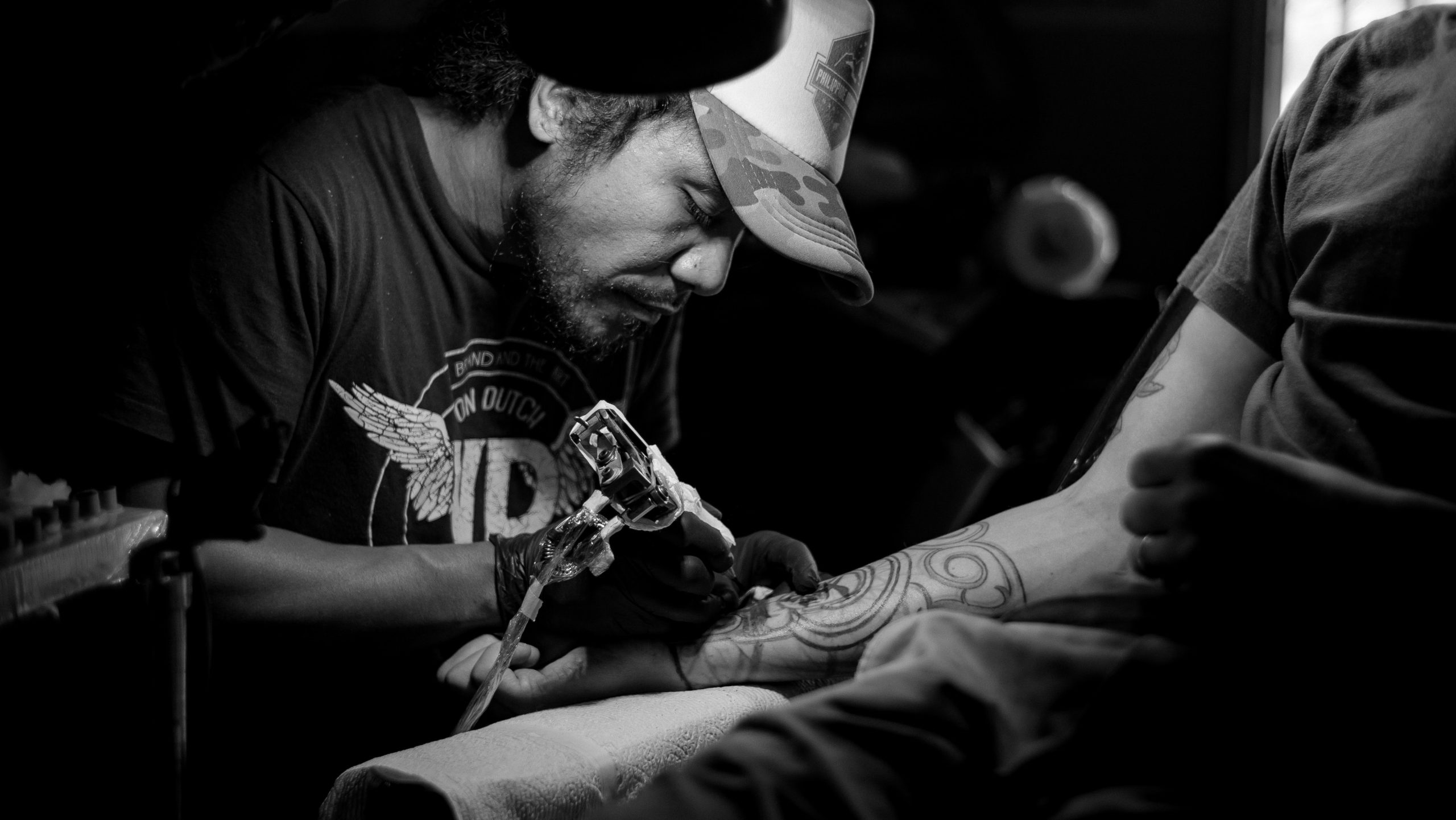
Tattoos are amazing, but there are some reasons to be wary of getting them. In many countries, there is a lack of awareness from tattoo artists about the dangers of reusing needles. There have also been reports of home tattoo kits – which have become popular in recent years – leading to infections as young people purchasing the kits are uninformed about the cleanliness requirements.
Tattoos are linked to blood-borne diseases

Catching a disease from a tattoo may be rare, but it’s still a risk. Many people may think that replacing needles is the only precaution they need to take, but you can also catch diseases like hepatitis from reused ink. A study by the American Association for the Study of Liver Disease found that people with hepatitis C were four times more likely to have tattoos. Always make sure you’re visiting a licensed tattoo artist and that they are taking the correct safety precautions.
They can develop fungal infections
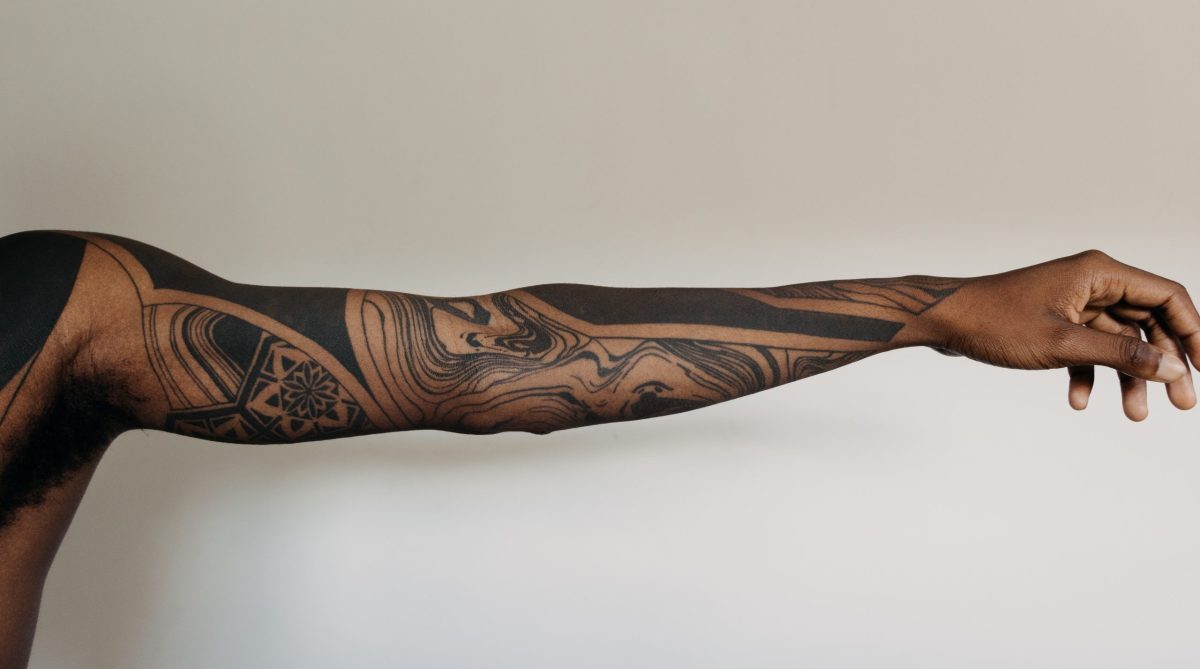
Tattoos are becoming more and more common, both as a form of self-expression and as a way to beautify the skin. But all tattoos, like any other body modification, can develop complications. A fungal infection is one of the less commonly known risks of getting a tattoo.
You can be scarred
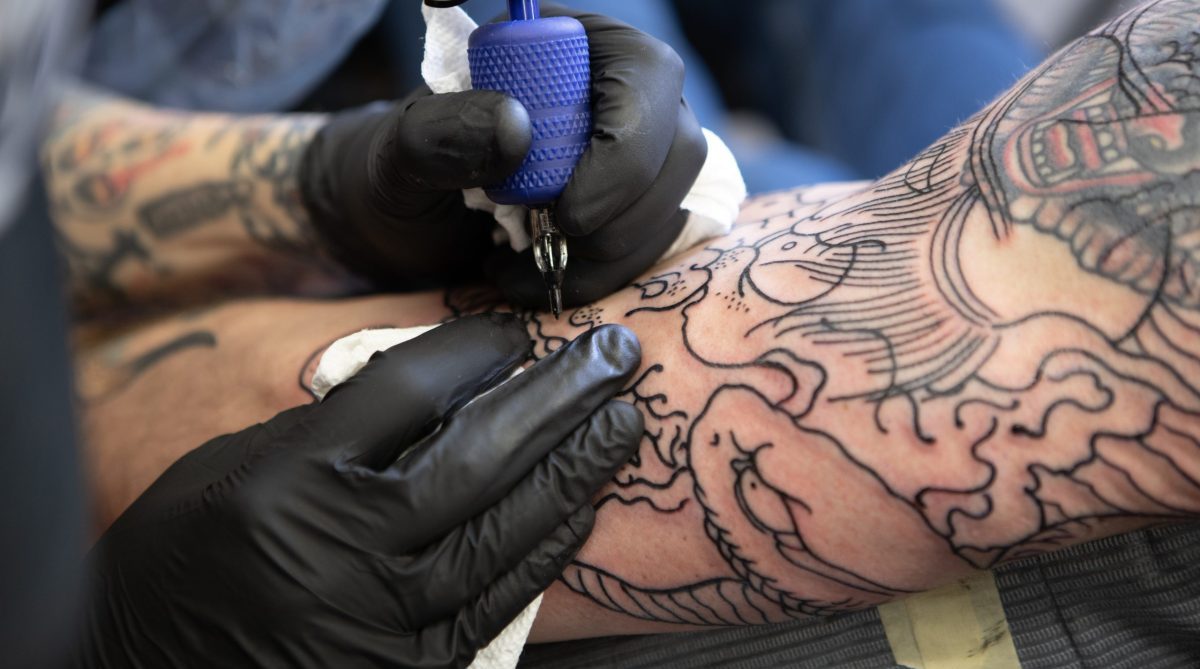
When you get a tattoo, you are not only getting an artistic design etched onto your body. You are also taking the responsibility of taking care of it. If you fail to take care of your tattoo, it may result in skin scarring which may not go away even after years.
You may develop a rash

A foreign substance that is introduced into the body through a wound can cause itchy rashes, hives, or bumps while your body fights against foreign invaders. The immune reaction that occurs when you get a tattoo is no different. The ink that deposits in your skin causes an immune response as your body heals and attacks substances that it perceives as foreign matter.
They can interact with your medication

Some blood thinners have been known to cause excessive bleeding, which would be greatly increased during tattooing in the skin and surrounding tissue. Even acne medication poses risks when being tattooed due to how it can affect the skin’s response to being inked. Many users of acne medication will experience an increase in pain levels as well as a greater likelihood of experiencing redness or swelling.
They can cause complications with MRI results

While tattoos don’t necessarily interfere with the accuracy of MRI results, they can be distorted by the inks used in the tattoo design, making the results harder to read. The larger the tattoo, the more likely it could cause problems – especially if it uses red ink with iron-based dyes like carbon black and hematite.
Tattoos can cause a temporary sun allergy

Sun allergies are the most common form of skin allergies. For some people, a sun allergy on tattooed skin can cause a reaction similar to that of severe sunburn. Luckily, this is not a long-lasting reaction like sunburn. Over time, your skin will become accustomed to the sun and you may not be allergic to it anymore.
You have a higher risk of developing a skin disease
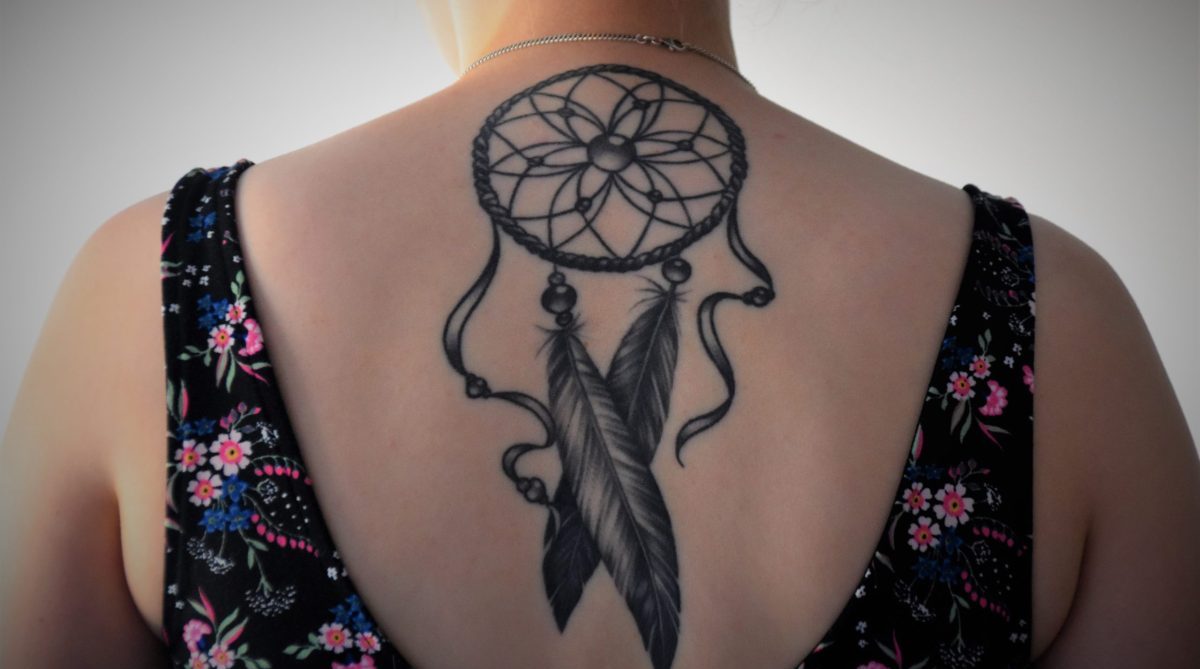
Some research has shown that tattoos can increase your chances of developing certain skin conditions such as eczema or psoriasis. This may be because any new foreign substances introduced into the body trigger an immune response and increase the likelihood of developing an autoimmune disease like these ones.
Your lymph nodes may swell

Some people have swelling in the lymph nodes near their tattoos, which is caused by the ink spreading through their lymphatic system. It usually goes down within a few days, but if it’s still swollen after a week or two you should see your doctor. The lymph nodes are part of your immune system, so when they’re swollen it can cause your whole body to become inflamed.
Tattooed areas are subject to accelerated aging
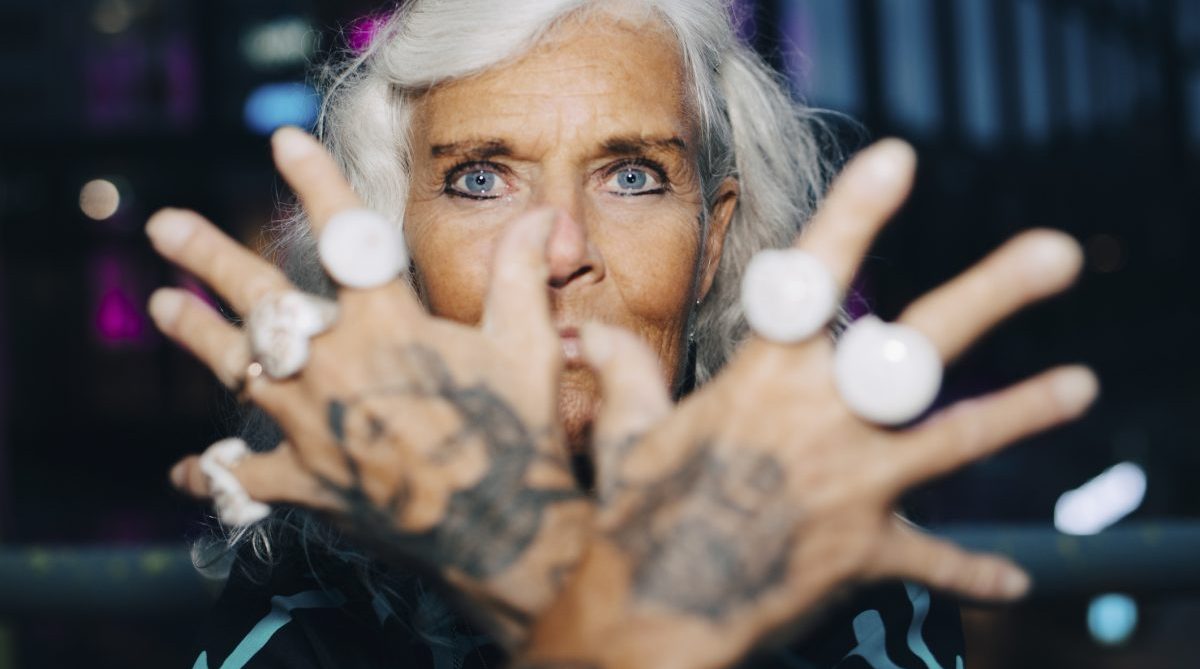
The body naturally ages with time, but tattoos seem to accelerate the process. Older pigment inks used in tattoos from decades past have been found to contain carcinogens and other toxic compounds, which eventually get into your blood and cause damage on a cellular level.
Tattoos can cause increased sensitivity

Tattooing also damages the top layer of skin, making it more likely for you to develop extra sensitivity and acne breakouts later on. This damage often can’t be reversed. One study found that the number of bacteria present on the skin increased by up to 125% after getting a tattoo.
You may be at risk for blood clots

The formation of blood clots is a serious concern for anyone with existing disorders, and getting a tattoo can create additional health issues that might not have been present before. Before making any decisions about getting a tattoo, people with blood disorders should consult their doctors.
Tattoos can affect your sweating ability

Tattoos cover a lot of skin, and they’re known for being painful to get. But can they hurt your body? A new study says they might actually cause you some trouble if you work up a sweat. That’s because tattoos block the body’s natural ability to cool itself through perspiration.
They are linked to an increased risk of cancer

Recent studies have shown that metal nanoparticles from tattoos can cause DNA damage. In an animal model study, researchers found that when breast cancer cells were exposed to these nanoparticles, the tumor growth rate increased, and the cancer was able to spread more quickly. Another study found at least 64 reported cases of tattoo-associated skin cancer in humans.
They can become inflamed

Tattoo ink is full of nanoparticles. Nanoparticles are so small that they can slip through the skin barrier and make their way into the lymph system. The result is that these particles cause chronic inflammation, which can lead to a whole host of diseases like diabetes, heart disease, strokes, Alzheimer’s disease and other forms of dementia.
You may develop keloids
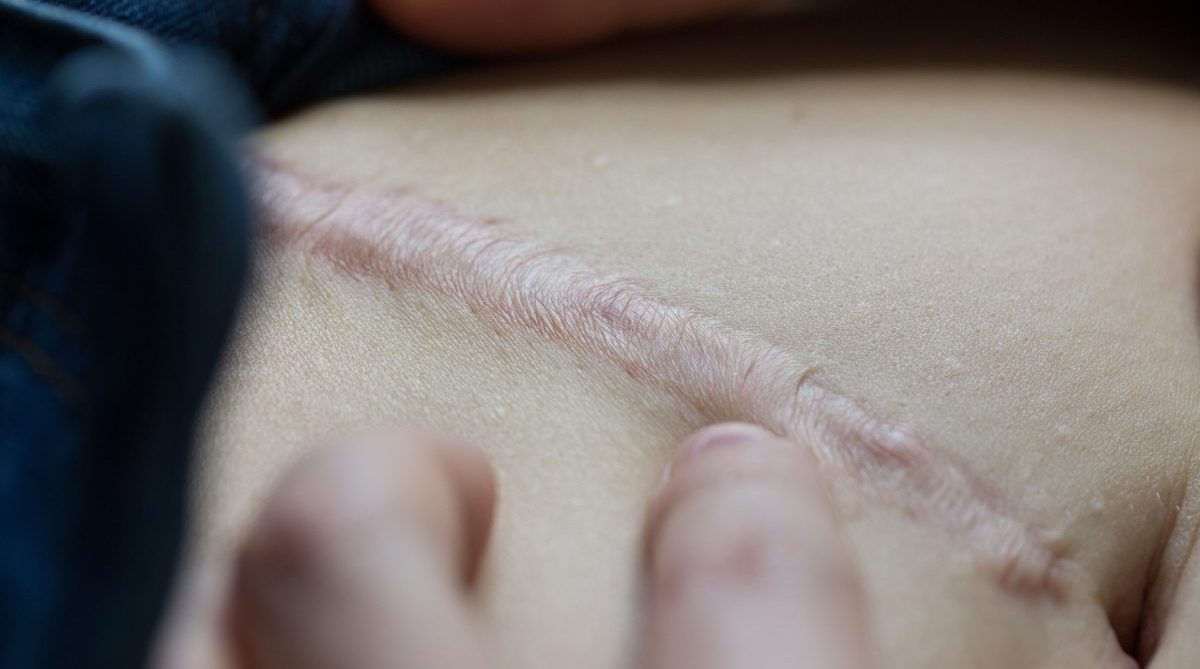
Tattoos leave permanent marks on your skin, and they can also leave lasting scars after you get them. Unfortunately, tattoos can also result in keloids, which are raised scars. These skin lesions can grow anywhere on the body where there has been trauma and can be difficult to treat.
The ink can be toxic
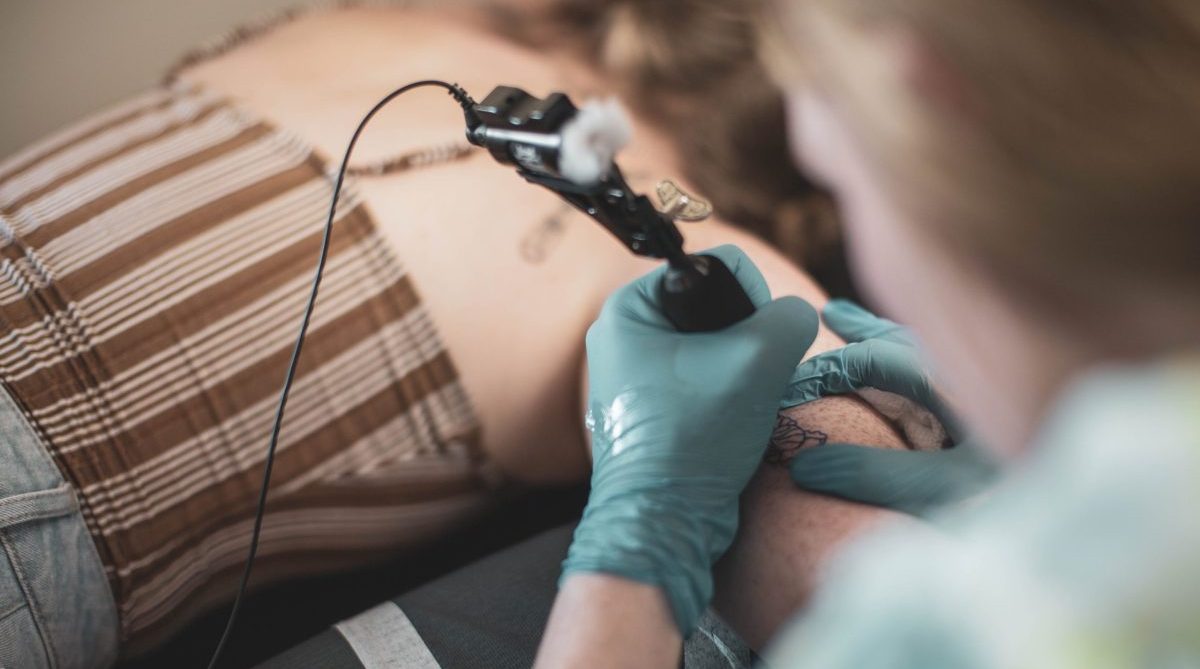
The ink used in tattoos can be made up of a variety of materials, including water, alcohol, and pigments. Many people don’t realize that the ink used in tattoos can have harmful ingredients. To make matters worse, there is no federal regulation on tattoo ink manufacturers, and tattoo ink producers aren’t required to list the ingredients on the product label.
You could develop a tattoo addiction

Tattoos are also addicting, and once you have one, there’s no telling how obsessed with them you’ll become. Once again, this could be fine if that’s what you want – but it’s important not to get too many tattoos too quickly without really considering whether or not this is something that will interest you long-term.
Tattoos can deform over time
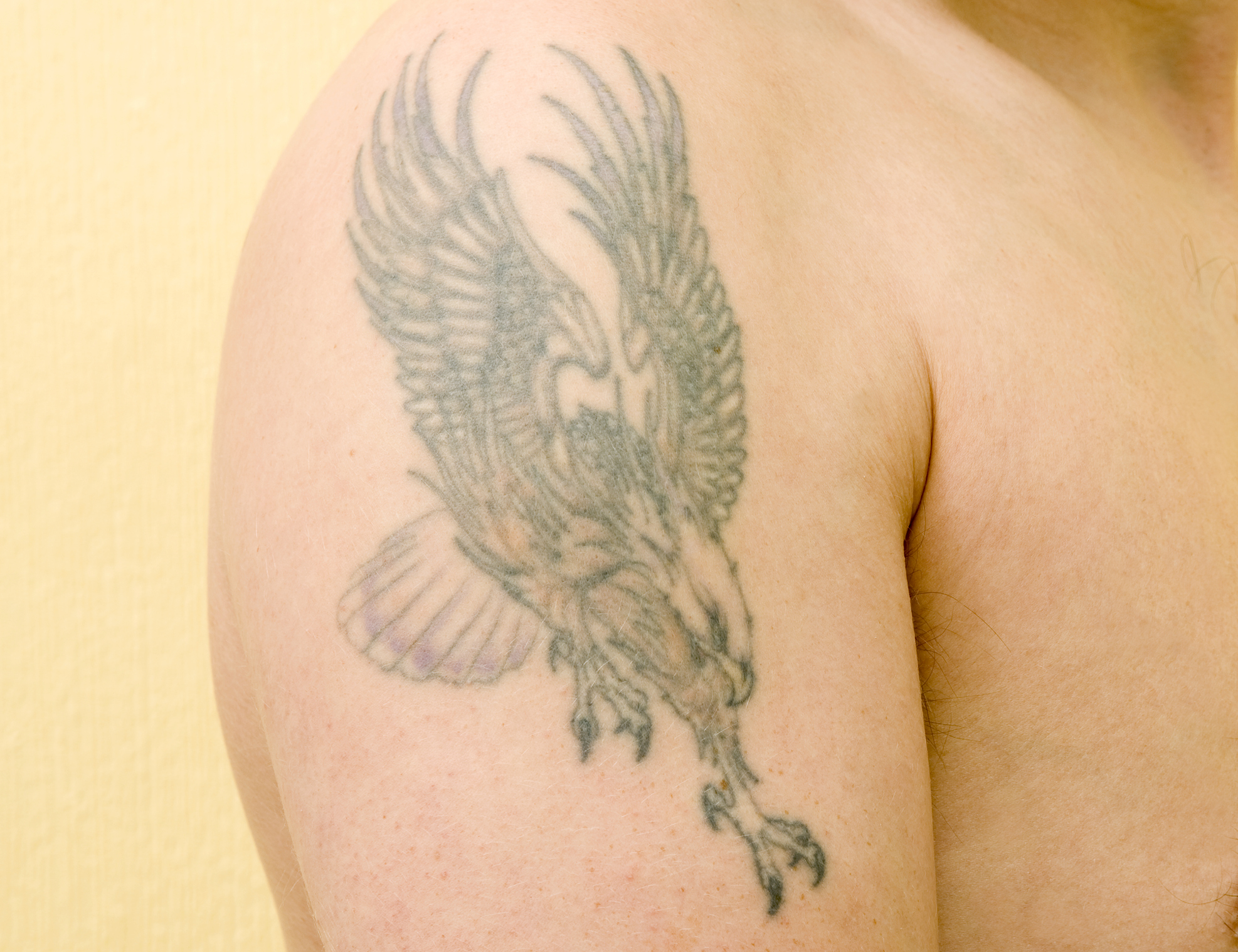
Your tattoo may be a masterpiece, but it might not last forever. Even if you take great care of it, your body will naturally break down the pigment in your skin and cause the ink to fade. The speed at which this happens depends on various factors, including the type of tattoo you have and how long ago you got it.
You may regret them

You might think that getting a tattoo is something you would never regret, but it turns out that you are not alone if you have second thoughts. A recent study of 600 people with tattoos found that 78% of participants regretted at least one of their tattoos. And 19% of participants with two tattoos regretted both.
You could develop granulomas

The skin reacts as it heals from a tattoo, meaning it’s normal for there to be an inflammatory reaction in the process of healing. Granuloma is a more serious reaction that involves hard red bumps around the tattooed region. These red bumps may be tender to touch and can appear anywhere from days to months after getting tattooed.
You may experience swelling and burning
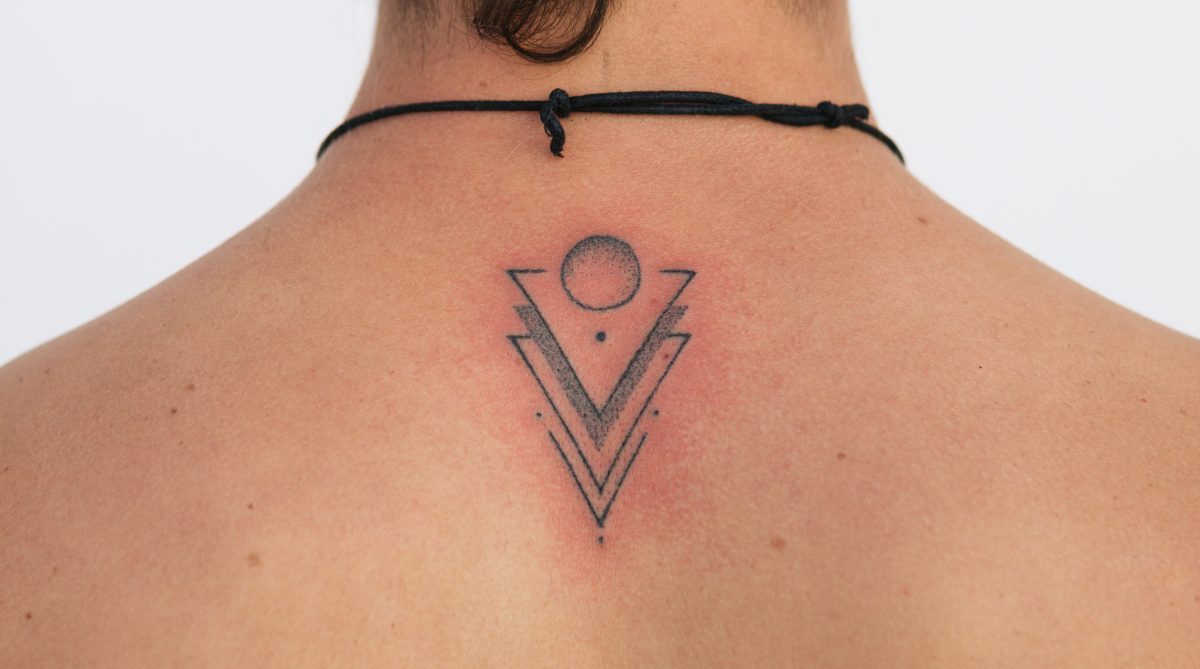
Swelling is a common side effect after getting a tattoo. It can occur within the first two weeks and subside after that period. If you notice that your tattoo has become swollen, you should ensure that you are taking good care of it. To avoid swelling or redness, try not to touch or scratch your tattoo with dirty hands.
The ink can cause heavy metal toxicity
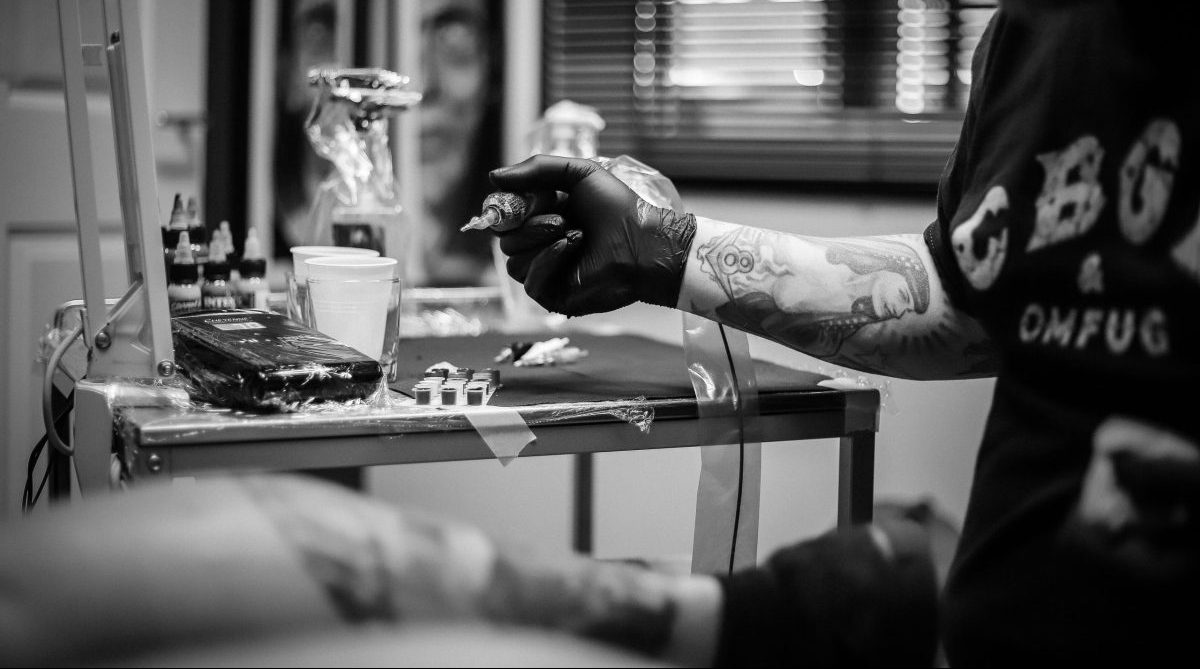
The most common heavy metal found in tattoo ink is lead. It is used for reds, yellows, oranges, browns, and blacks. Lead is toxic in large amounts and even small amounts can affect an unborn baby’s development. If you are exposed to high levels of lead during pregnancy it increases your risk of having a miscarriage.
Back tattoos can lead to epidural complications
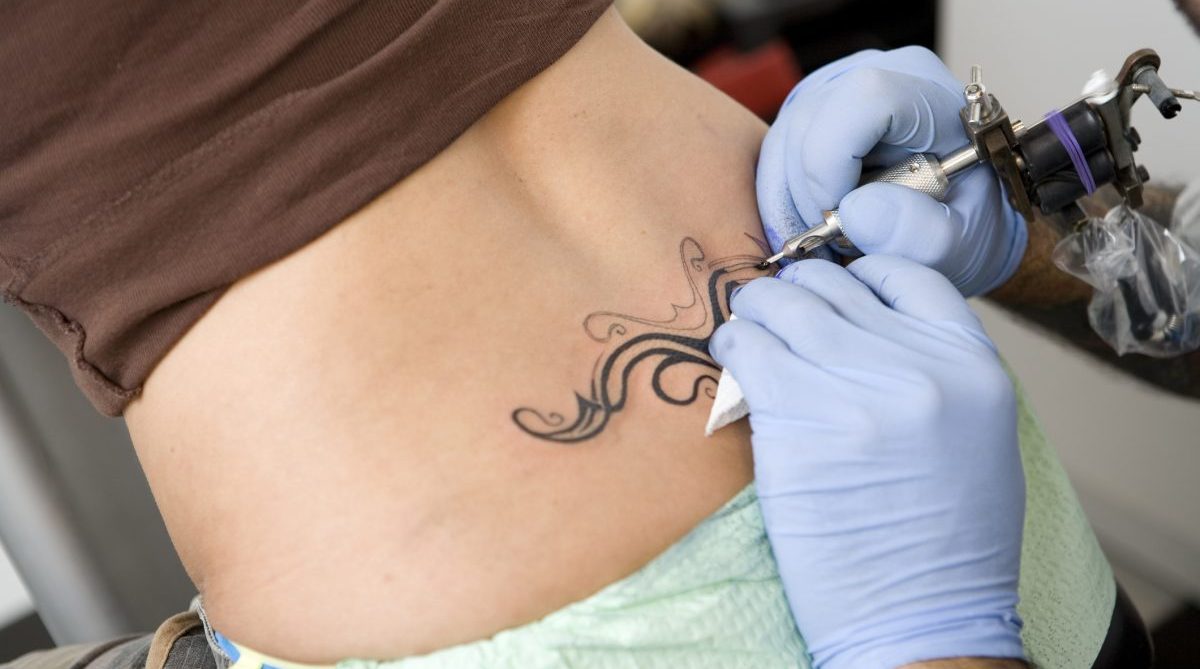
The vast majority of the time, women with lower back tattoos can safely receive an epidural during labor. Complications are rare, and they typically depend on the specific circumstances of your tattoo and your delivery. If you have any redness or leakage around your tattoo, it might not be safe for your doctor to give you an epidural because doing so might cause a serious infection.
There is a risk of HIV

The best way to avoid getting HIV from a tattoo or piercing is to get the equipment sterilized between uses. It is also important to use new, sterile needles and equipment for each person. However, even though the risk is very low, the CDC has confirmed that it is possible to get HIV if you don’t use clean equipment or if you share ink.
Tattoos can cause nerve damage

Because tattooists inject ink into the skin using needles, there’s always the risk that they will hit a nerve or accidentally break or bruise the skin while doing so. These injuries can go right to the bone, causing permanent damage to your body that could make simple tasks painful to do down the line.
You could develop an autoimmune disorder
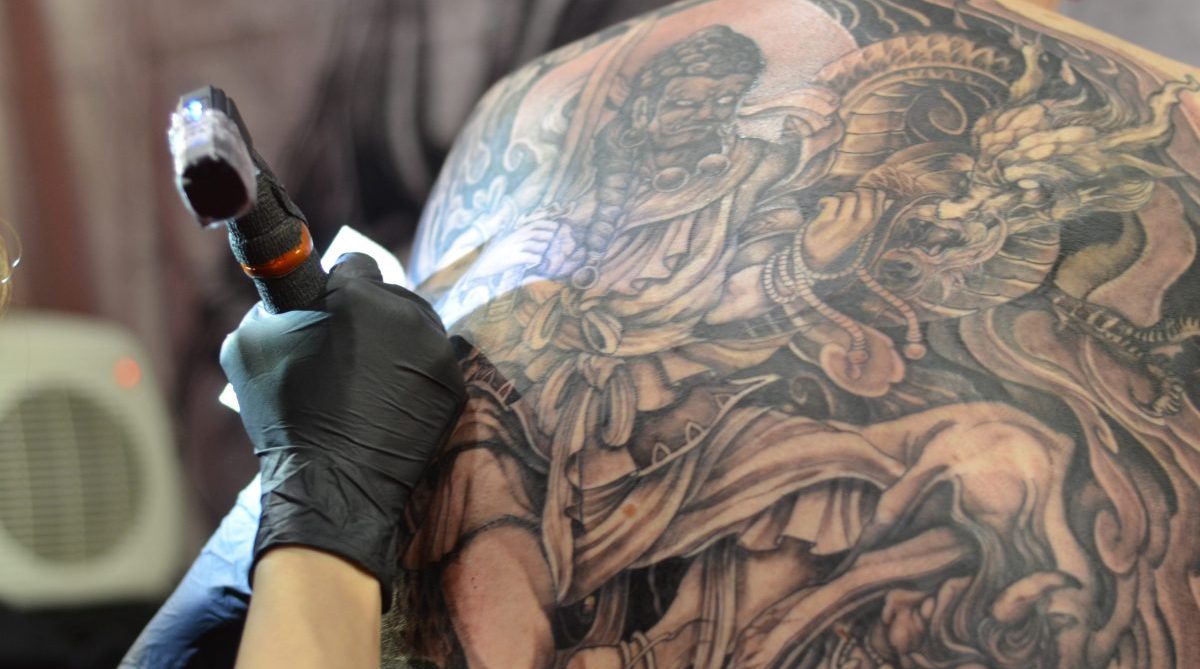
When you get a tattoo, the body’s defense mechanism kicks in and produces antibodies designed to fight the foreign invaders – but in this case, those foreign invaders are your own white blood cells! If you have an autoimmune disorder – like lupus or rheumatoid arthritis – this response from your immune system can worsen or even trigger your symptoms.
Dark tattoos can lead to difficulty detecting skin cancer

Dark tattoos on large areas of your body may prevent you from detecting skin cancer symptoms. One of the first signs is discolored spots on your skin. Never have a tattoo placed over a mole, birthmark, or other discolored area of your skin. Although there is no evidence that tattoos cause skin cancer, tattoo ink may conceal clinical signs of skin cancer.
Tattoos could limit your job prospects

Some companies and government jobs say that candidates with tattoos on any body part other than the inner face of the forearms, i.e. from the inside of the elbow to the wrist, are barred from the recruitment process. So make sure any ink you get is aligned with your career goals.
You may get the tattoo flu
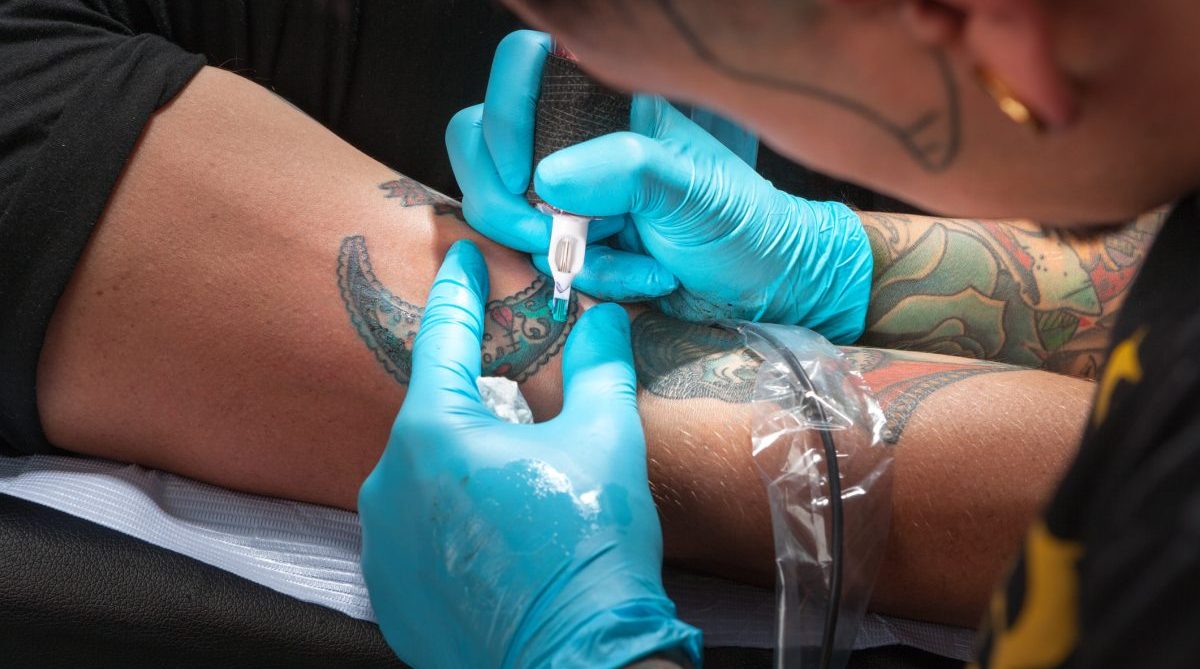
Tattoo flu is a term that has been used to describe a side effect of getting a tattoo. It is not an actual illness. However, it can cause symptoms similar to the flu. With the popularity of getting tattoos increasing, so has the amount of people experiencing tattoo flu. There are times when these symptoms are normal and there are times when they require additional medical attention.
Medication reactions may cause excessive bleeding
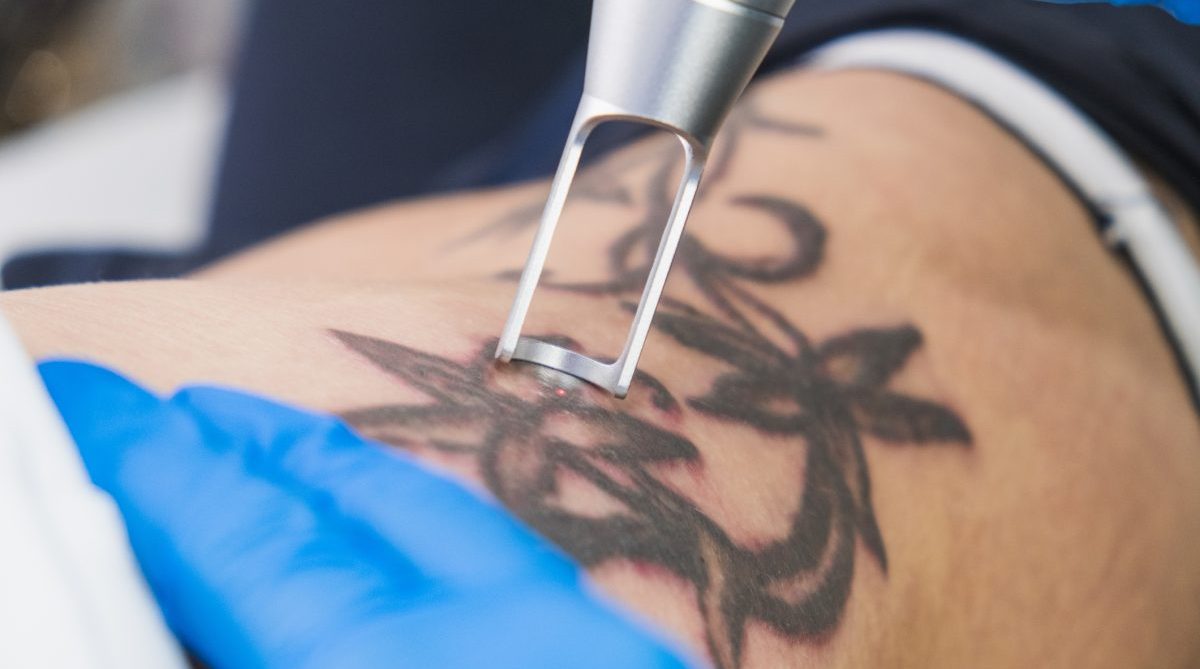
Blood thinners and NSAIDs like aspirin, as well as drinking alcohol can cause excessive bleeding during your tattoo session. This is because they prevent clotting, which can make it trickier for your artist to do their job. Be sure to check with your doctor if you take any blood thinning medications before getting a tattoo, and avoid any partying the night before.
Tattoo particles can infect your breast milk
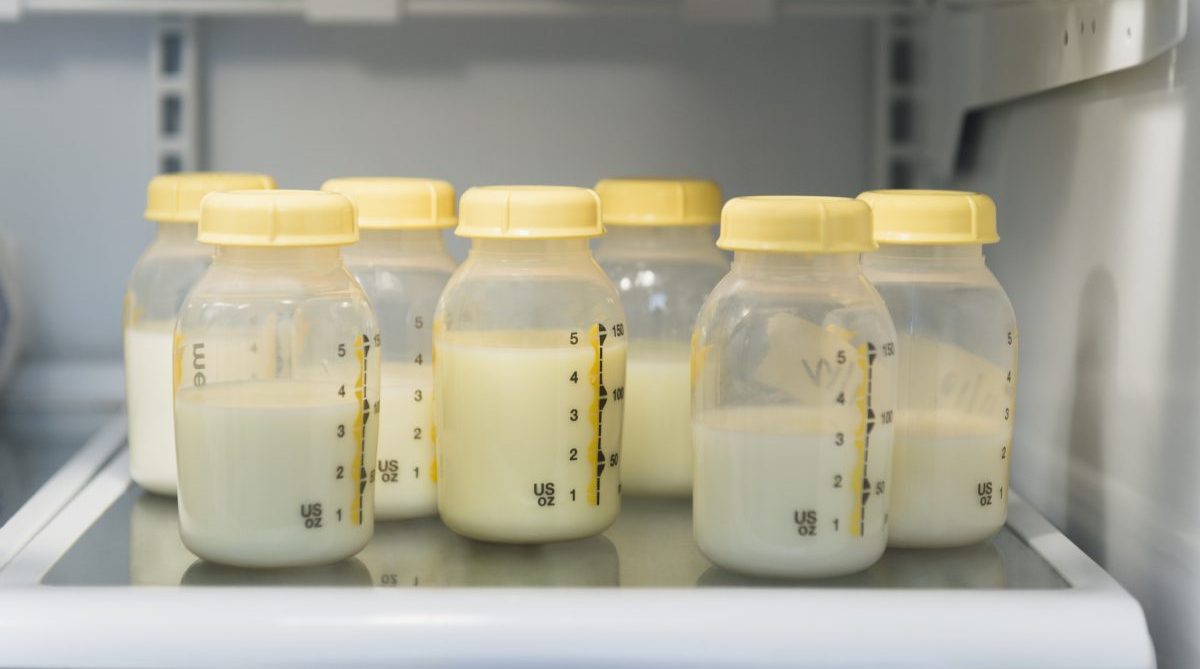
While tattoos are becoming more accepted in society, getting new tattoos isn’t the best idea if you’re breastfeeding. We know that ink particles can get into breast milk, but there’s no solid research out there on whether or not this could affect your child. In any event, it’s better to wait to be inked until you’re done.
They can weaken your immune system
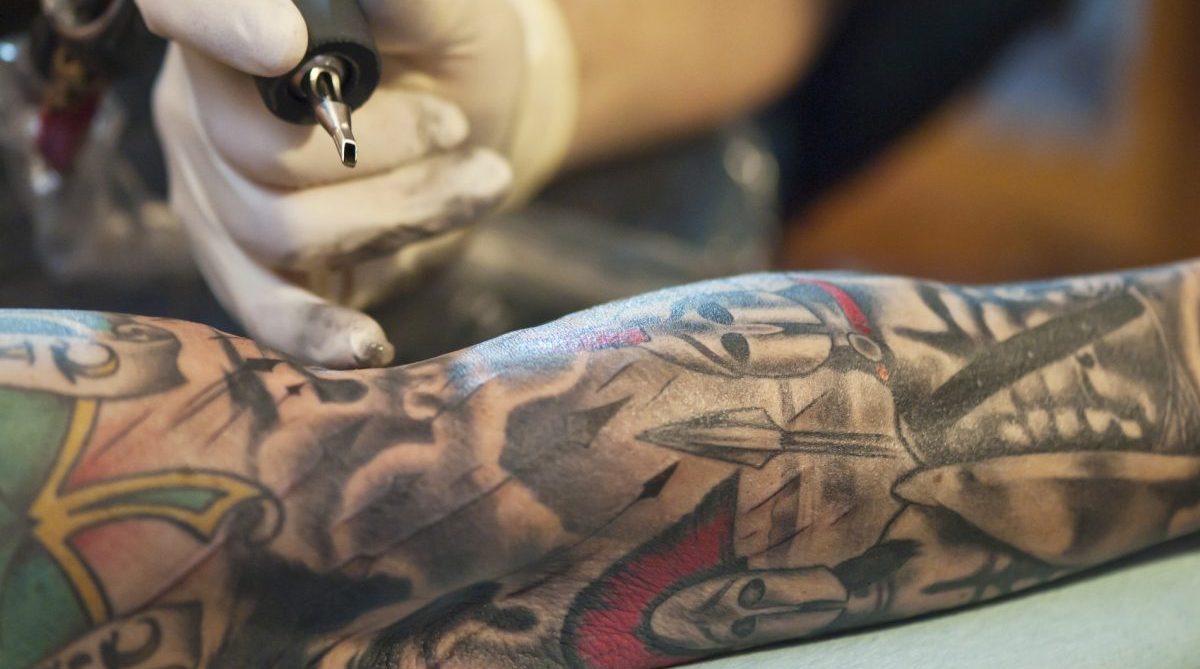
As long as you go to a reputable shop and your artist uses high-quality ink, there are basically zero risks involved with this kind of procedure – however, if your artist does use inferior ink with toxic ingredients, it can actually weaken your immune system over time!
Your pets could give you an infection

We all know that pets are man’s best friend, but when you get a new tattoo, your new pet needs to be kept at bay. Most people don’t realize that their feline friends can cause unnecessary problems when they come in contact with healing skin. Even if you have a little kitty, it only takes one cat scratch to cause an infection in your new tattoo.
You may have aesthetic concerns
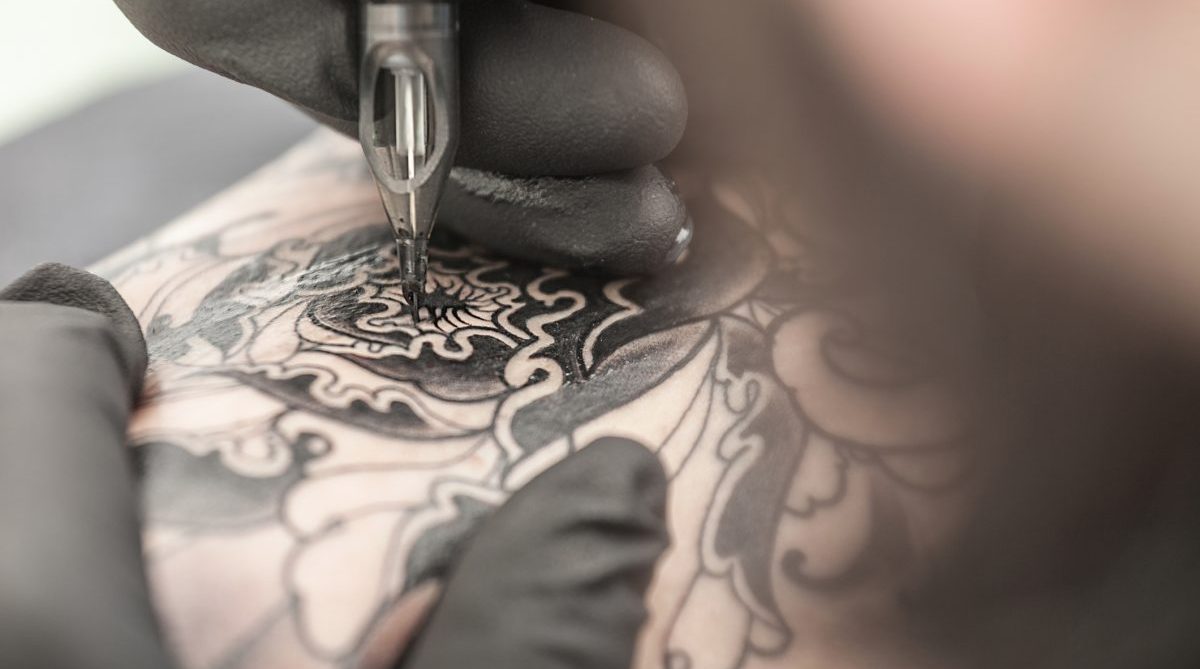
Tattoos will age as you do, with wrinkles and sagging skin affecting how they look on the body. Not only that, but as tattoos fade over time they may become less visible than you’d hoped or even completely disappear because of aging, sun exposure, and other lifestyle habits.
Tattoos could lead to amputation

The most severe reactions caused by tattoos have happened because of red and pink ink. There have been reports about serious illnesses (e.g. blood poisoning and gangrene) being caused by tattoos containing red or pink ink applied incorrectly; in some cases even so severe that amputation of a leg or an arm has been necessary because of tissue damage.
Tattoo removal can be dangerous
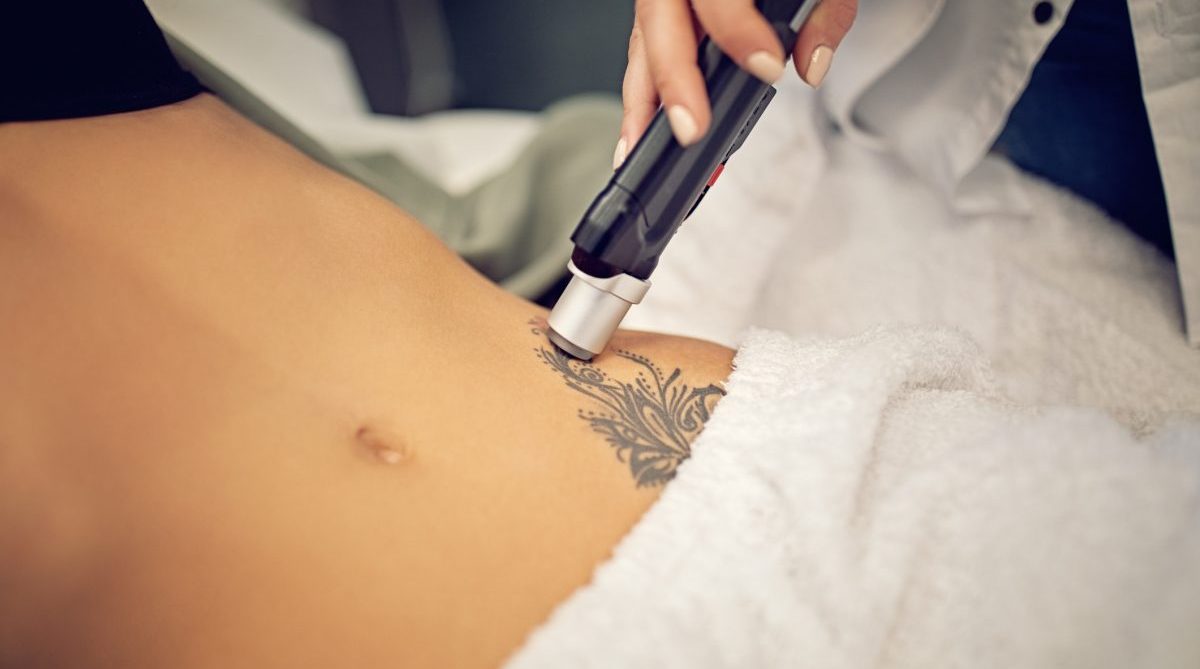
Tattoo removal is a tricky business, and it’s not for the faint of heart. There are three main ways to get rid of a tattoo: surgical removal, laser removal, and dermabrasion; all three can be expensive, painful, and potentially dangerous. No matter which method you choose, you’re likely going to be left with scars where your tattoos used to be.
You could develop dermatitis
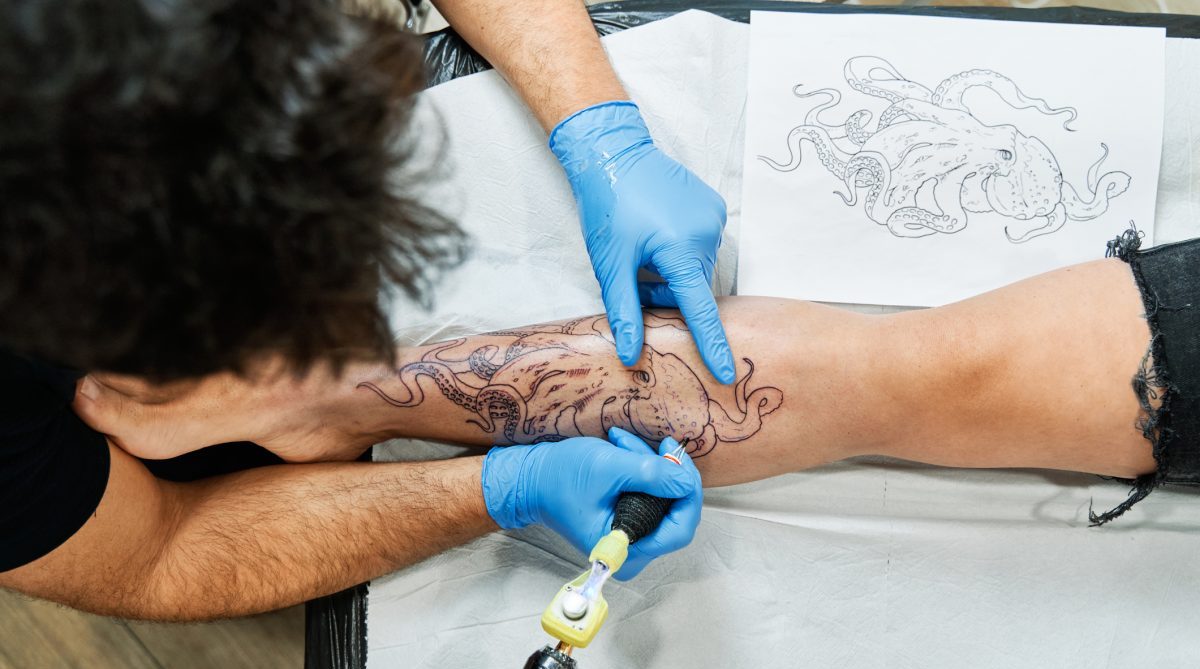
One potential side effect of tattooing is allergic contact dermatitis, which is an itchy rash caused by an allergic reaction to something that has touched the skin. Research has shown that these reactions occur more commonly when people get tattoos with certain colors, such as red or green.